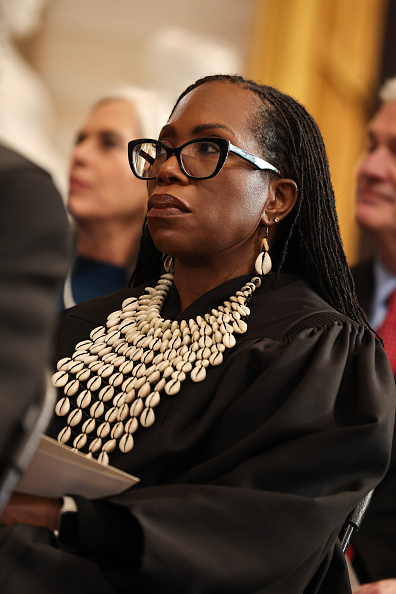As Los Angeles deals with wildfires, law schools offer support

Christoper Frost (left), an alumnus at the Pepperdine University Caruso School of Law who partnered with the school for its legal clinic, and Jeff Baker, the law school’s associate dean. (Photo by Jennifer Duck Baker)
As the wildfires around Los Angeles cause significant chaos for residents, Southern California law schools are mobilizing—with students and faculty offering assistance to those who’ve lost their homes.
As of Jan. 22, more than 15,000 structures had been destroyed in the Palisades and Eaton fires, according to the California Department of Forestry and Fire Protection, a state agency known as CAL FIRE. Rehoming those who have lost apartments or houses in an already-tight rental market will be a huge challenge—including myriad legal aspects.
Area law school clinics, including those at the Pepperdine University Caruso School of Law, Loyola Marymount University’s Loyola Law School and the University of California at Los Angeles School of Law, are jumping in.
At Pepperdine Caruso, in Malibu, California, volunteers served 23 people and families at two clinics, says Jeff Baker, the law school’s associate dean. The campus has significant experience with wildfires, including in December 2024, when students sheltered in place for the Franklin fire. That blaze grew to more than 2,800 acres, and about 20,000 people were given evacuation orders, the Associated Press reported.
“This was a very sound start for our first, early clinics, especially on our side of the fires in more remote Malibu,” Baker says.
Frost, a Los Angeles litigation law firm, partnered with the law school at these clinics.
On. Jan. 25, the law school will host a clinic in Pasadena, California, where Baker expects a larger turnout. Four clinical faculty, about 20 law students and over 60 attorneys signed up to volunteer.
“We will continue to coordinate periodic clinics throughout the region to provide limited-scope advice and counsel clinics, and we are aiming to launch our full Disaster Relief Clinic later in 2025 to provide direct representation,” Baker adds.
In addition, Pepperdine Caruso hosted a Jan. 16 online training for 1,100 attorneys volunteering to help the community. It followed an online event two days earlier, which offered information on handling Federal Emergency Management Agency forms and insurance matters. More than 200 community members attended.
At Loyola Law, its Loyola Anti-Racism Center is helping families impacted by the Eaton fire to complete various forms, including ones from FEMA, insurance companies and lenders, says Susan Smith Bakhshian, a Loyola Law professor. Volunteers will be eligible for pro bono credit hours.
The law school is supporting its emergency fund and food pantry, and members of the community are organizing aid for victims, adds Smith Bakhshian, who also directs the school’s bar program.
Meanwhile, UCLA Law’s Veterans Legal Clinic plans to involve students in wildfire response efforts as part of the clinical course this semester, says Michael Waterstone, the school’s dean.
Also, UCLA Law faculty members are working with the Disaster Legal Assistance Collaborative—a statewide collaborative of legal services providers and related organizations that provides free legal assistance to survivors of disasters—to help with various issues, including matters related to insurance, employment and tenant rights, Waterstone says.
“We continue to look for ways to be of service,” he adds.
Meanwhile, all Los Angeles-area law schools are balancing the need to continue classes with being mindful that many law school faculty and students have lost their homes, belongings and cars.
For instance, some Southwestern Law School professors had to evacuate almost daily from hotel to hotel, and the school ran Jan. 14 and Jan. 15 classes in a hybrid format, so that they could teach via Zoom or on campus.
“Professors who lost homes were checking in with us regularly to assure us that teaching was a top priority,” Darby Dickerson, the school’s dean and president, told the ABA Journal.
See also:
ABA supports victims of California wildfires
Write a letter to the editor, share a story tip or update, or report an error.



